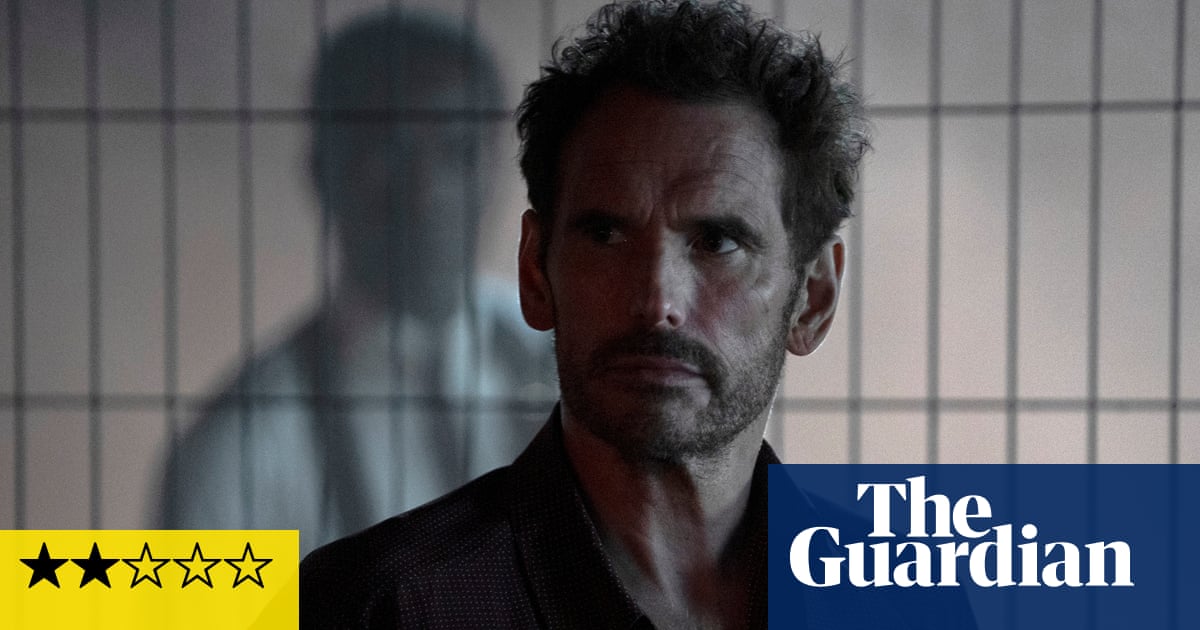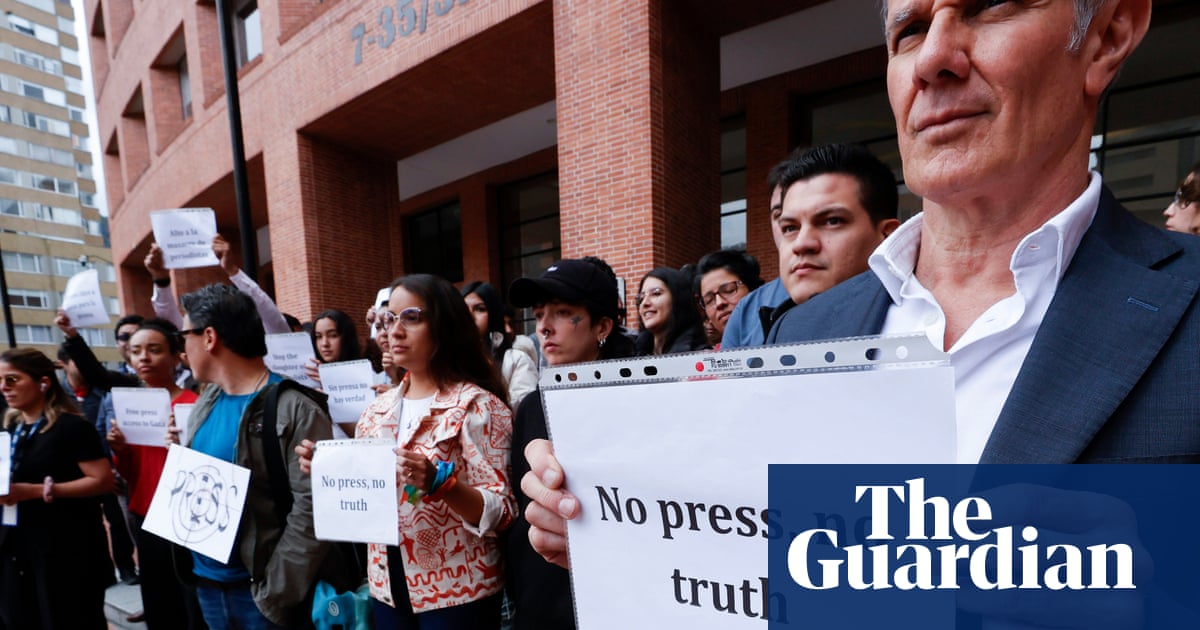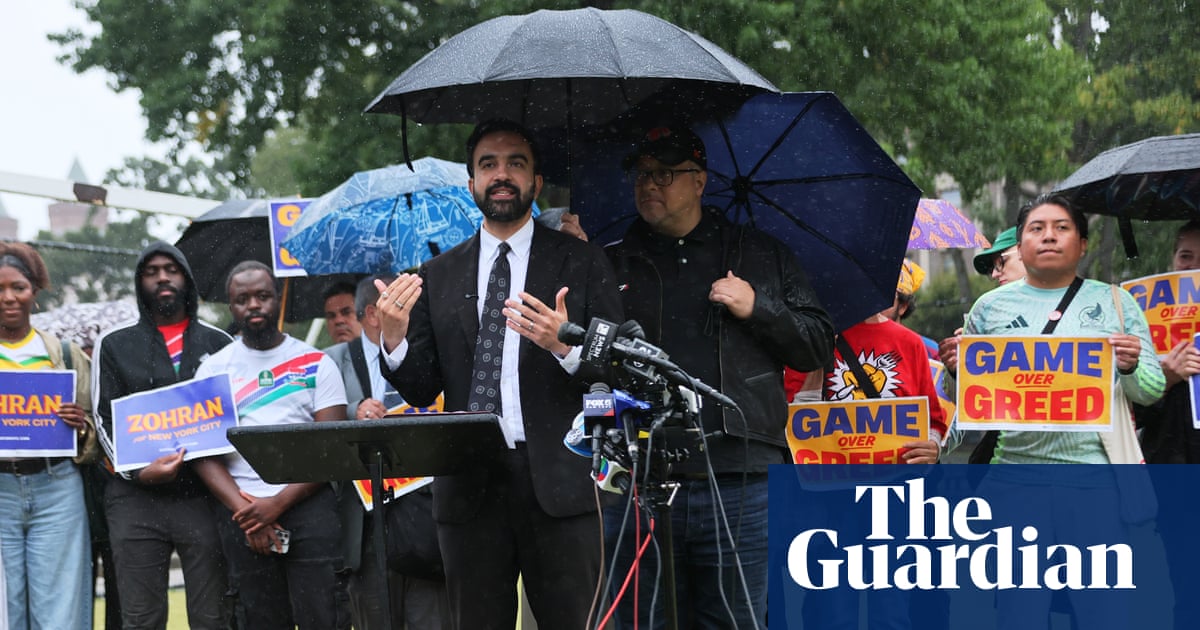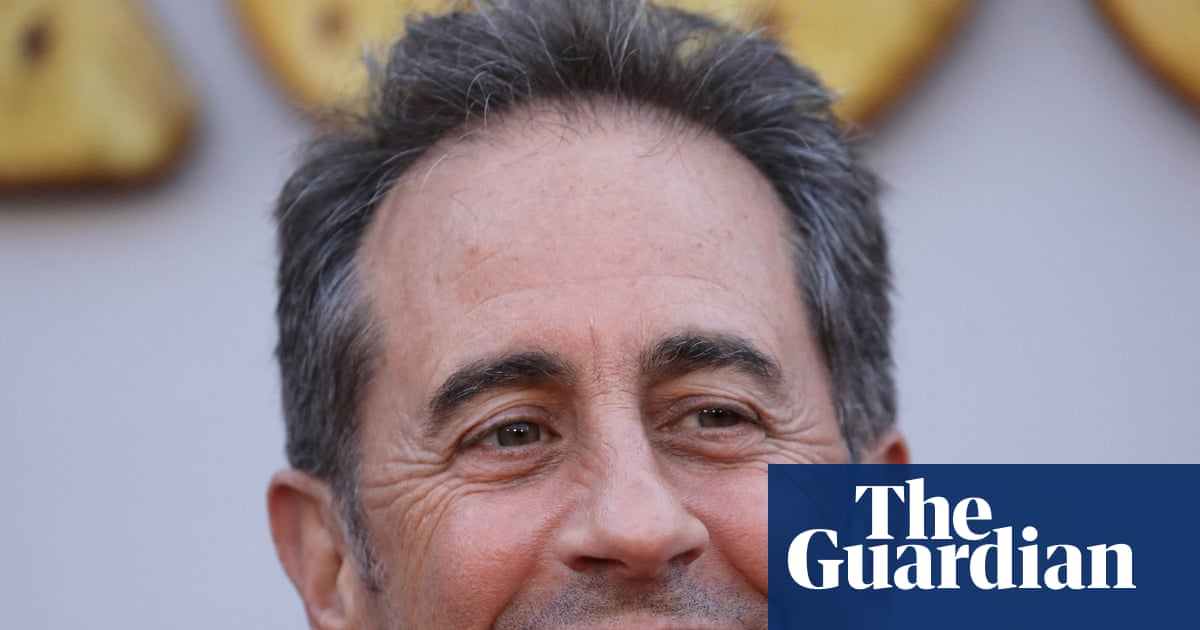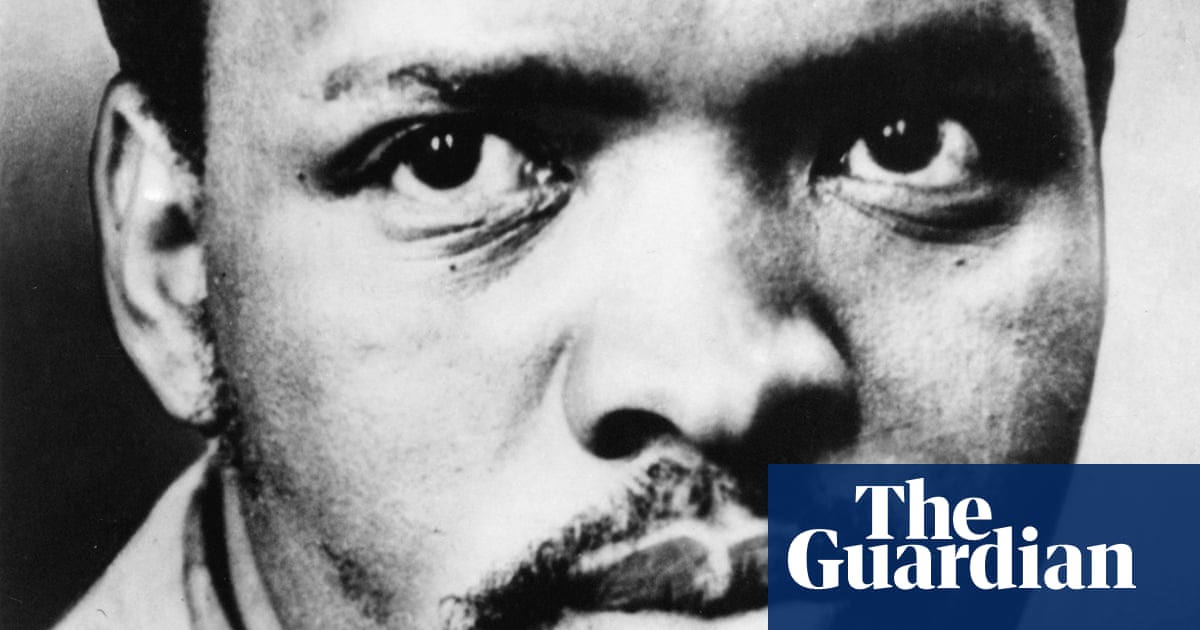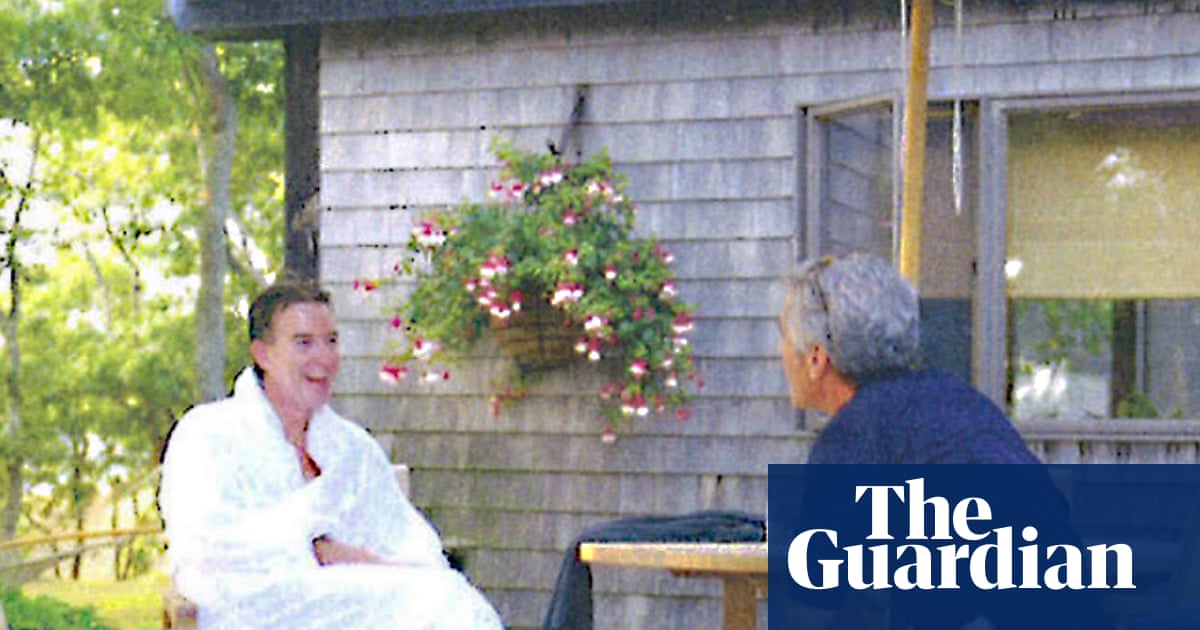One point that has never been in dispute over the course of the coronial inquest into a mass stabbing in Sydney last year was that schizophrenic man Joel Cauchi was psychotic when he wielded a 30cm Ka-Bar knife, attacking 16 people and killing six.
The expert psychiatric evidence was “clear and unanimous” about Cauchi, 40, being “floridly psychotic” on 13 April 2024, the senior counsel assisting, Dr Peggy Dwyer SC, told the New South Wales coroner’s court in her opening remarks almost three weeks ago.
That clarity was shattered in a stunning moment in court this week, when the psychiatrist who treated Cauchi from 2012 to 2020 stated that the Westfield Bondi Junction attack “was nothing to do with psychosis”.
“I think it might have been due to his frustration, sexual frustration, pornography and hatred towards women,” the Queensland private psychiatrist, known only as Dr A for legal reasons, told the courtroom on Tuesday.
There was a gasp in the media room of the Lidcombe courts complex. In her eight years of treating Cauchi, Dr A had never seen him in a psychotic state, nor had she seen him in the four years since he left her care.
Not only had experts agreed Cauchi was psychotic, but the police officer leading the investigation into the attack had dismissed the theory that Cauchi had targeted women.
Dwyer was direct in her response to the claim: “What would you say to the suggestion that you refuse to accept that Joel was psychotic on 13 April because you don’t want to accept, yourself, the failings in your care of Joel?”
“I did not fail in my care of Joel,” Dr A replied. The next day – and equally extraordinarily – Dr A withdrew her comments about Cauchi’s mental state on the day of the attack, calling them “conjecture”.
“I shouldn’t have speculated four years later after I completed his treatment,” she said.
Yet mistakes had been made and were aired in court as the spotlight this week turned to the doctors and nurses who treated Cauchi from the age of 17, when he was first hospitalised for psychosis – including acts of aggression and hallucinations – after using marijuana.
The third week of the coronial inquest into the death of Cauchi and the six people he fatally stabbed in a Sydney shopping centre delivered the fullest picture yet of his illness. Key to the proceedings was how he had come to be unmedicated in the five years leading to the attack.
Before then, Cauchi was, by some measures, a normal man in his 30s. He lifted weights in the gym, learned Chinese and German, wanted to marry a “nice girl” and, his medical notes showed, was interested in astrophotography.
But the Toowoomba, Queensland man was also living with schizophrenia and OCD and had, for 15 years of his life, taken the psychotropic drug of last resort, Clopine (clozapine), to control his severe “treatment-resistant” chronic form of the mental illness. Cauchi’s father also had the illness, Dr A said, and the condition was likely hereditary.
Dr A rediagnosed Cauchi with “first episode” schizophrenia. Then, working with Cauchi, she made a plan to reduce his dosage of Clopine, balancing its efficacy with its heavy side-effects, including the “cognitive cloudiness” of which he complained.
Despite in 2015 determining that Cauchi “needs an antipsychotic for long-term relapse prevention”, she had weaned him off psychotropics by July 2019.
The court heard that while Dr A sought a second opinion about reducing Cauchi’s dosage, she did not seek a second opinion when removing him from that drug and his OCD medication, Abilify, altogether. Coming off Clopine without moving to – and staying on – an alternative psychotropic is extremely rare, the court heard.
Time and time again, the court heard, Cauchi’s mother, Michele, raised concerns about her son’s decline in mental health in the months afterwards.
From October 2019 until February 2020, she made seven attempts to warn Cauchi’s psychiatrist of red flags that she worried were early warning signs of relapse.
“I have noticed a gradual decline in his condition, and judging from notes on paper he left around the place in the past week I have a feeling he is now hearing voices,” she wrote in an email to Dr A’s practice.
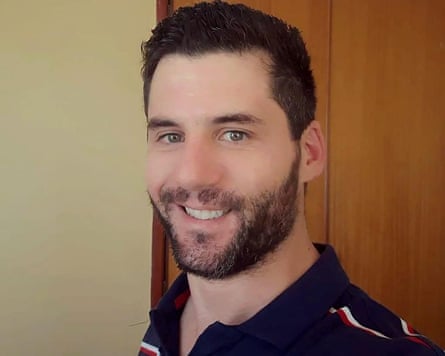
The notes suggested he believed he was under satanic control. He was using porn compulsively, wearing “layers and layers” of clothing, forgetful about appointment times, irritable, swearing and untidy. He used half a block of soap when showering and had developed a “funny gait”.
“He quite possibly won’t let on what is going on in his head, but I think you need to know how he is,” she wrote.
The court heard that people with symptoms of schizophrenia may not know they are sick and, as a Brisbane psychiatrist known as Dr C told the court, could be “economical with the truth”.
This, the court was told, made Michele’s concerns all the more instructive.
after newsletter promotion
Cauchi had reported poor sleep and was also worried by his porn obsession to the point that he, too, emailed Dr A’s reception requesting “some ideas for a porn free phone and other devices”.
Suspecting early warning signs of relapse – which can mean “imminent” psychosis – Dr A wrote him a prescription for Abilify. Cauchi did not act on the prescription and Dr A later determined that the drug wasn’t necessary.
Instead, she attributed Cauchi’s behaviour changes to external factors – a head cold, sexual frustration, a visit to a sex worker that caused him to worry he had contracted an STI.
“He didn’t have any problem with those behaviour[s], which [his] mother described. He was good,” Dr A told the court. He was not psychotic and the concerns were, she concluded, a “false alarm”.
Cauchi was in remission, she maintained. The court heard that her notes from February 2020 stated that he needed to see a psychiatrist every month as part of his ongoing monitoring. Relapse was always a possibility.
A month later, Cauchi moved and Dr A discharged him from her care.
On arriving in Brisbane in March 2020, Cauchi was not set up with an ongoing care plan, other than a discharge letter from Dr A to his long-term Toowoomba GP, Dr Richard Grundy, who was not informed about his mother’s concerns or told that Cauchi was no longer medicated and needed monthly monitoring. Cauchi was not eligible for Medicare appointments over Skype with Dr A, because he had left the area.
A GP in Brisbane, Dr Nathan Ruge, did not request Cauchi’s full medical records. A psychiatrist, Dr Amitava Sarkar, who saw Cauchi in Brisbane said the patient “took off” mid-assessment, then requested all of Cauchi’s medical records from Dr A, only to be sent a limited amount.
In early 2021, a second psychiatrist, Dr C, then provided a medical certificate and “firm recommendation” for Cauchi to hold a gun licence, despite also not having access to his full medical history and with the awareness that he had lied about how long he had taken Clopine.
From that time – and barring one other visit to a GP in 2023 – Cauchi was “lost to follow-up”.
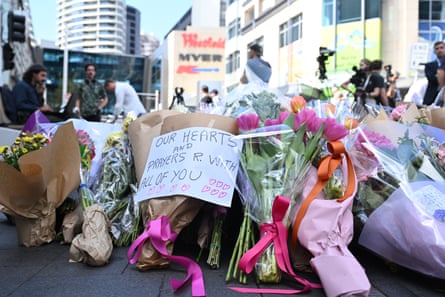
Another point that has not been in doubt during the proceedings was Cauchi’s temperament when medicated. Grundy remembered a “quiet guy” who was always polite and punctual. Dr A said her patient was “guarded” and afraid of relapse and, in 2016, noted that he wanted to become a language interpreter and “live well”.
A mental health nurse at Dr A’s practice, known only as RN2, described him as being “compliant” and wanting to “do the right thing”. When she learned he had stabbed 16 people, she vomited.
“I was incredibly shocked. I wouldn’t have ever thought that that was something that he would’ve done,” she said on Monday.
Her colleague, a mental health nurse known only as RN3, said the “Joel we knew was not the person who did what happened on 13 April”.
Dwyer then asked: “Is it your view that if Joel had remained medicated and mentally well, he would not have been capable of committing this terrible travesty?”
“I think so,” the nurse replied. “Yes.”

 3 months ago
99
3 months ago
99


